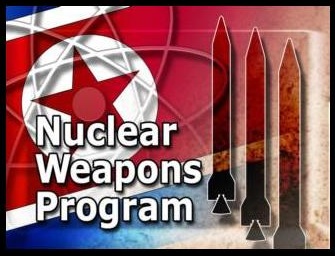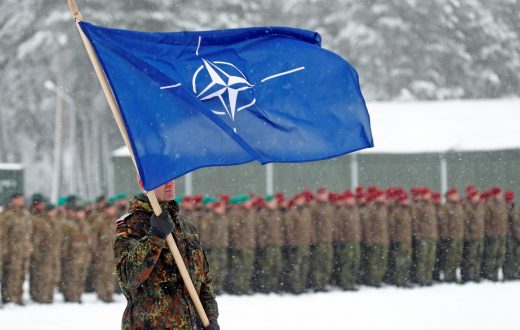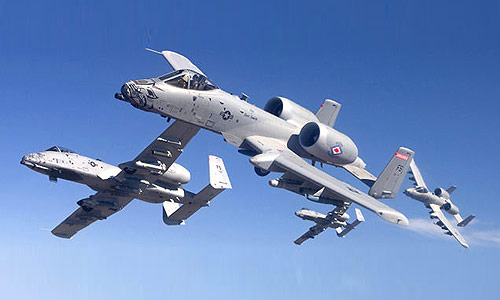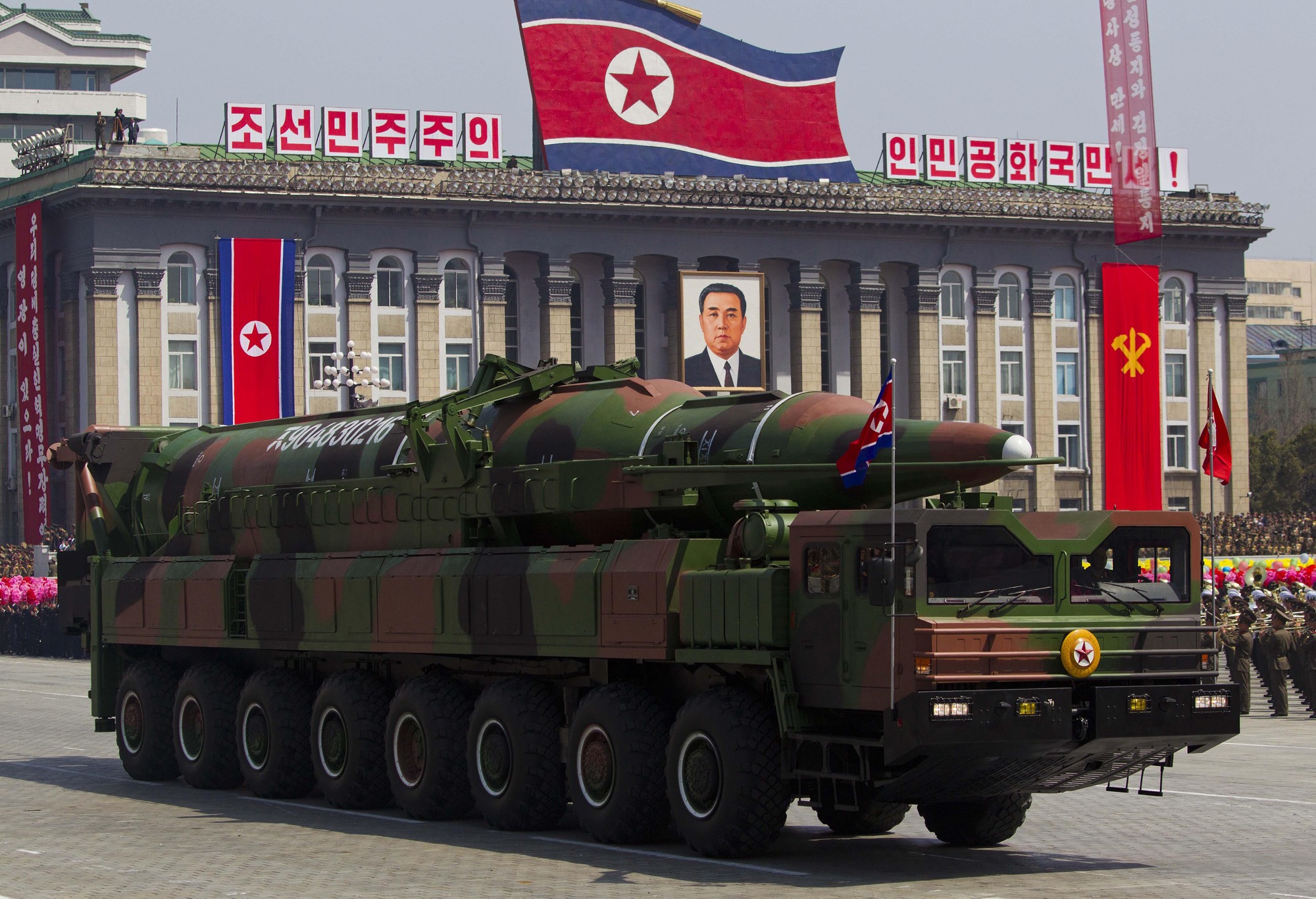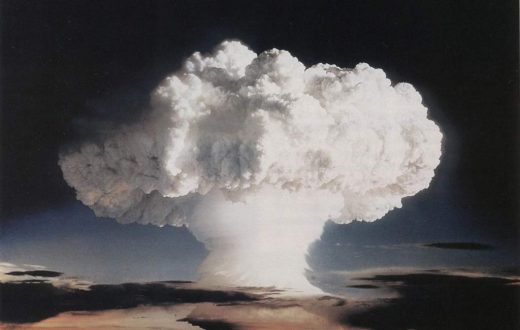North Korea said it hit the button on its fifth and potentially most powerful nuclear test Friday morning, claiming to have successfully detonated a nuclear warhead that could be mounted on ballistic rockets.
World leaders condemned the test, saying it was a clear violation of UN Security Council resolutions. The Security Council met and “strongly condemned” the test as “a clear threat to international peace and security.”
North Korea no longer sees its nuclear program as a bargaining chip to trade away, but rather as a vital component of its national security. Without the ability to strike back at the mainland United States, Pyongyang does not feel it has a sufficient deterrent to potential future U.S. military action — nor to U.S. efforts to destabilize North Korea through social means (in a manner similar to the so-called color revolutions). Pyongyang is pursuing a dual track policy, one where its nuclear deterrent and economic development are supposed to move forward in tandem. The North feels that it can force a change in international policy by showcasing that rolling back its nuclear program is no longer an option. From North Korea’s perspective, the U.S. treatment of India and Pakistan after they developed nuclear weapons are case in point that this can be politically feasible.
The challenge for Pyongyang’s neighbors and the United States is that sanctions and political pressure have been insufficient to quell the North’s drive toward a viable nuclear weapon and delivery system. Such actions may have even enhanced Pyongyang’s determination. During his recent visit to Asia, Obama urged China to take a more activist role in North Korea, but Beijing continues to balk at direct action, fearing the destabilization of North Korea (and thus creating a refugee crisis and perhaps the flow of North Korean arms into northern China). Beijing is also not ready to alter its policy of nonintervention in other countries. Even with South Korea’s assertion that, because of the North’s missile tests, it will accept the U.S. THAAD missile defense system and its affiliated radar systems, China has not taken concrete action to alter the North’s behavior.
If the North continues on this course, the chance for stopping or reversing its program will slip away. Already, Japan and South Korea are reconsidering their own military development to deal with a nuclear-armed North Korea (and even re-opening debate over whether they should develop nuclear weapons). China appears ready to accommodate a nuclear-armed North Korea, and Russia is similarly not taking any concrete steps to deter Pyongyang’s path. As elections near in the United States and South Korea, the question facing the next presidents may no longer be how to prevent a nuclear North Korea, but rather how to live with one.

